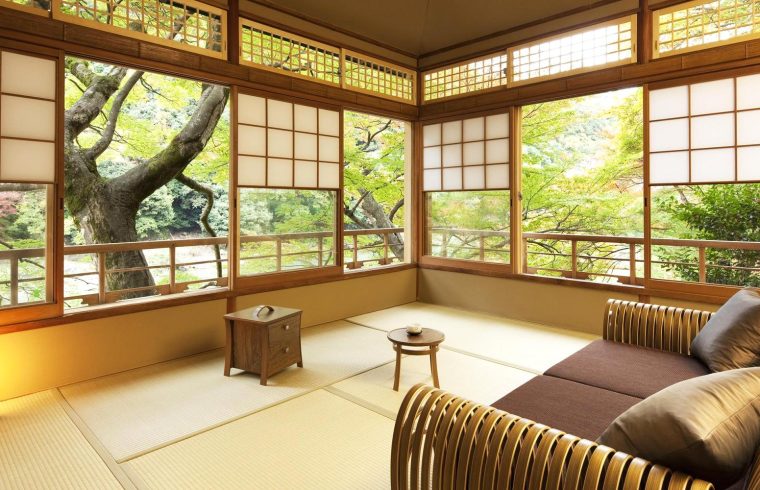
“Omotenashi” is a Japanese term signifying the traditionally correct way to treat a guest, and it’s the guiding principle for much of the country’s hospitality industry.
That sector has seen increased interest in recent years among domestic and international investors, according to a 2016 report by real estate firm CBRE, and new hotel developments are accelerating against the growing number of inbound tourists.
For one hospitality provider, Hoshino Resorts, the traditional Omotenashi ethic is still an important part of the experience. The company — a family business that has been around for more than 100 years and runs a total of 35 resorts in Japan — operates brands Hoshinoya, Kai and Risonaire, and it stands out for requiring all employees to be versed in each facet of hospitality.
That is, Hoshino Resorts employees aren’t specialized in one role — reception, housekeeping or kitchen duty, for example — and they are instead trained to perform across all duties. That practice allows the staff to deliver “the ultimate experience” for guests, according to Yoshiharu Hoshino, CEO of Hoshino Resorts.
Hoshino told CNBC’s “Squawk Box” on Monday that the driving demand for luxury resorts in Japan is the curiosity of the Japanese culture and nature. In fact, CBRE’s 2016 report on the Japanese hotel market said foreign tourists in Japan tend to visit gateway cities that are well-known overseas.
In 2015, Tokyo topped all other regions with the highest number of foreign visitor nights, followed by Osaka.
Japan is also opening its doors wide to foreign travelers, with the goal of welcoming 40 million international tourists annually by 2020 when Tokyo hosts the Olympics and Paralympics. In efforts to support its goal, the Japanese cabinet had recently cleared the way for full legalization of Airbnb-style short-term accommodations in Japan.
Asked if short-term rentals in Japan would pose a threat to his business, Hoshino told CNBC he is actually in support of the legalization. Any destination, he said, should have both types of accommodation as various types of travelers have different needs.
Assuming 40 million inbound tourists in Japan in 2020, as per the government’s latest target, the supply-demand in central Tokyo and Osaka is expected to remain tight. Investment in hotels is set for rapid growth in the coming years, with a large number of new projects undertaken by hotel developers and institutional investors.
In fact, Hoshinoya Tokyo opened in the capital on July 2016, and it is labelled as the city’s first “luxury ryokan” (a ryokan is a kind of traditional Japanese inn).
Hoshino Resorts has only two properties out of Japan, but its CEO — a fourth-generation hotelier — says he plans to introduce the rest of the world to his interpretation of Japanese hospitality.
The company is “going after the international market that is growing very rapidly,” he said, adding that the “U.S. and European markets are very interested in experiencing the Japanese culture.”



